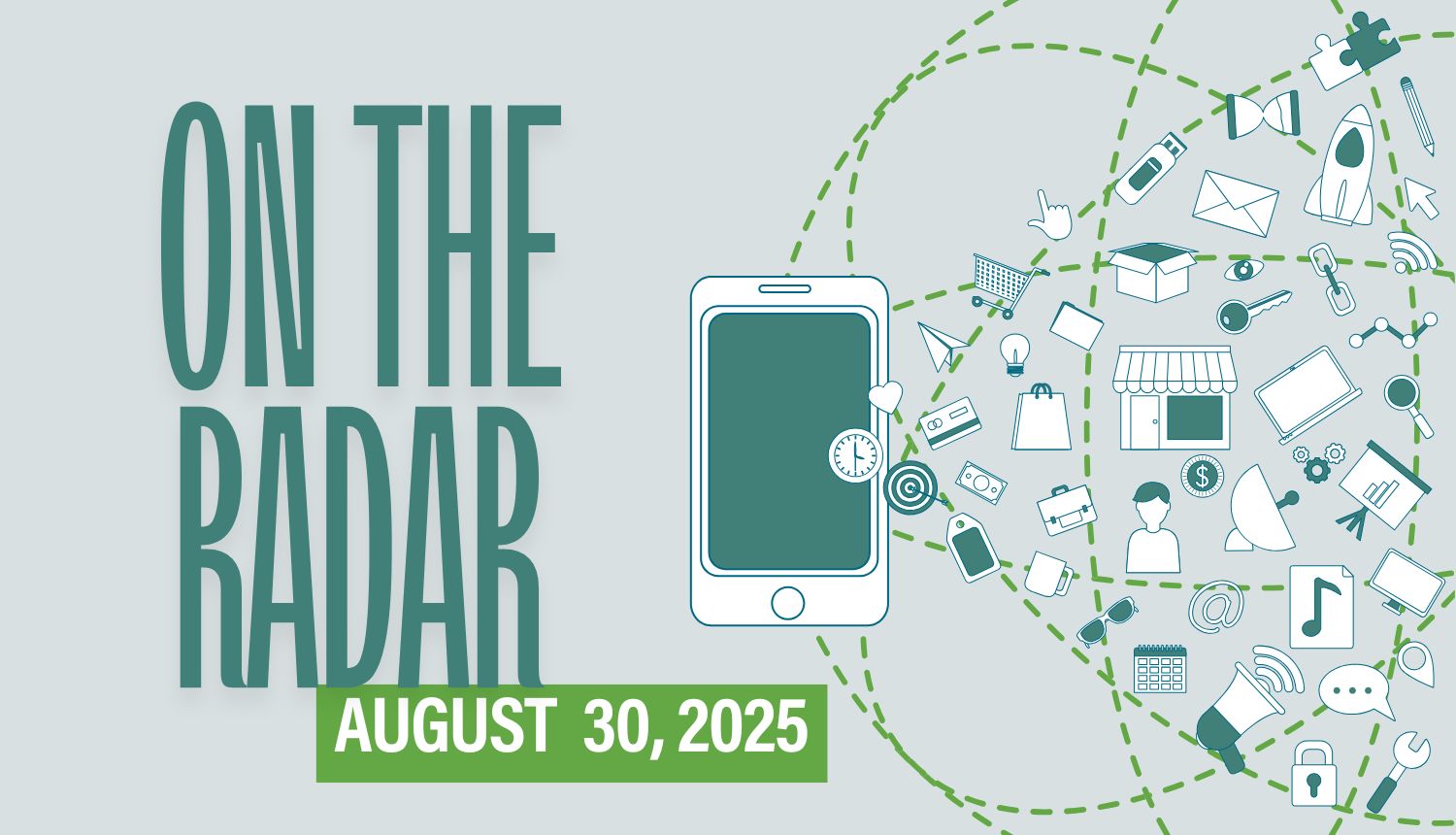It’s been said that statistics don’t always tell the truth. But sometimes, stats do paint a picture that seems to line up with reality.
For instance, many child-development experts recommend screentime limits of one hour for very young children and two hours max for school-aged kids. Surveys tell us, however, that most kids are getting far more pixelated exposure than that via screens. Common Sense Media’s research in this area found that children ages 2 to 4 get a bit more than two hours a day of screen time, a number that ballons to three hours and 28 minutes for kids between the ages of 5 and 8.
As kids get older, that figure continues to rise dramatically: five hours and 33 minutes for 8- to 12-year-olds, and eight hours 39 minutes for teens.
The elephant in the room is a gap the size of the Pacific Ocean between how experts say kids should be interacting with screens and what real-world surveys indicate is actually happening.
No wonder, then, that we’ve also seen a measurable rise in parental guilt in this area. One study from 2020 found that 73% of parents reported some guilt about this issue, with nearly half (48%) saying they felt moderate to intense guilt about how much screen time their kids got.
And, honestly, I’ll count myself among that number. Like so many things in life, I frequently find myself vowing, “We’ve got to do better in this area as a family.” Do you relate?
But how do we do better? And what does “doing better” really mean anyway?
A Blueprint for “Better”
I think it’s helpful to begin a conversation toward positive change here by asking this question: What, exactly, are we feeling guilty about?
On the most basic level, by now, most of us have seen the recommendations about screen time I mentioned above, or some similar iteration of them. We know that being glued to our screens—and having our children likewise glued to theirs—isn’t healthy. Sort of in the same way we know that experts say we’re supposed to get five servings of fresh fruits and vegetables daily, too—another metric many of us likely regularly fail to hit.
So at the top level, we have a vague, smog-like guilt about failing to regulate our families’ screen time.
Digging deeper, I think we also know that all of this screen time (for us, for our kids) is simply not how God designed us to thrive. Excessive screen time numbs our souls, right? It blunts our active involvement in the world, our ability to be present with people and our desire to engage intentionally with the things that matter most.
For example, sometimes—OK, most of the time—when my family has tried to have a family game night, I’m a grumbling ogre being reeled to the table. It sounds like work to me, and it can be so much easier to stay comfortably numb looking at my silly little phone screen. But once we start playing a given game, it’s great. And we might do that for hours. I never get done with those family game nights and think, “Well, that was a total waste of time.” Just the opposite, in fact. I’m more likely to think, “Man, why don’t we do this more often?”
Conversely, I’ve had many nights over the years where I’ve finished the day with 20 or 30 or 60 minutes of mindless “me-time,” scrolling on my phone. Do I feel satisfied afterward? Is there any sense that I’ve meaningfully invested my time in something that really matters? The answer is obvious. And on those nights, I often shuffle into bed thinking, “I’ve got to get a handle on this. I’ve got to do this better.”
There’s that word again: better. But how do we actually get there?
First, I think we need to talk to God when we feel that sense of guilt—or even shame, however vague. We can acknowledge and/or confess our sense of failure in this area and then … ask for His grace: “Lord, I know we’ve spent too much time as a family in this place of screen preoccupation. Please forgive me as a parent and help us as a family.”
And then I’d encourage you to pivot in a pro-active, concrete direction. Ask God to help you identify one positive redirecting of your family’s screentime habits. The goal isn’t to eradicate the problem completely, but to begin to change your family culture’s trajectory and momentum. Those changes will likely include new boundaries on screen use that involve answering questions about when, where, what, how long and with whom you’re on screens. And as you’re committing to putting that limit in place, you’re simultaneously thinking about what to proactively fill that space with instead.
So, you might agree that, as a family, you’re all going to put your phones away for an hour on weeknights and pursue something creative or relational, or physically and mentally stimulating. Maybe that’s having a family reading hour; playing various musical instruments; reading, writing or drawing; going on an evening walk together. The goal isn’t to solve your screentime overload in one fell swoop. Rather, it’s to commit to a single, concrete change that begins to affect your overall habits as a family in this area.
Changing Direction, Relinquishing Guilt
Over time, you can “stack” another such change, and then perhaps one or two more. And in the meantime, when those vague feelings of guilt creep in, you’ll be in a better place to nip unfocused shame in the bud with some positive self-talk and dependence on God (though not necessarily in that order).
You can tell yourself, “You know what, we’re making changes. We’re making small but real progress. I don’t have to live in guilt. Father, help us to keep making these changes, to experience You more deeply and to enjoy the relationships with each other that You’ve given us.”
Again, the goal here isn’t perfection. Some days aren’t going to be great. Some days, you’re going to blow through your boundaries. But instead of continuing to breathe in that toxic guilt, we can redirect that emotional energy into our ongoing commitment to try again.
















